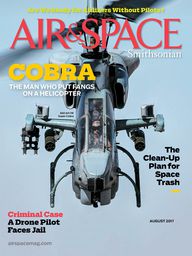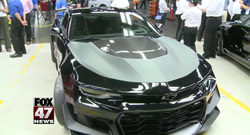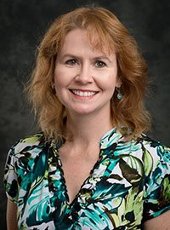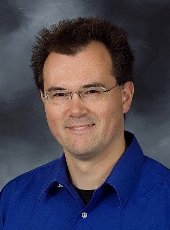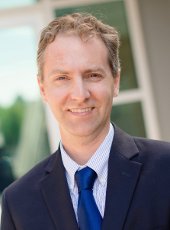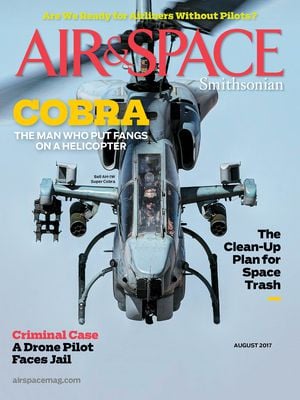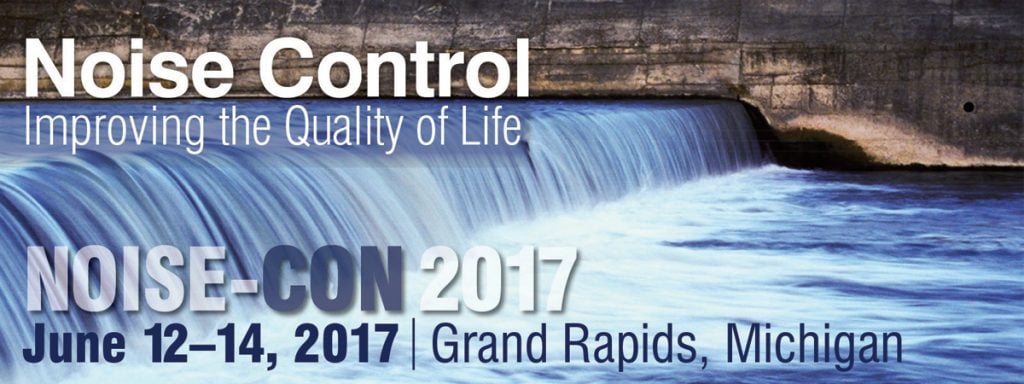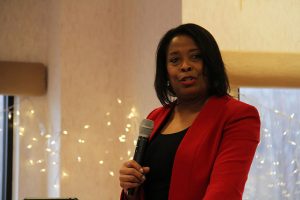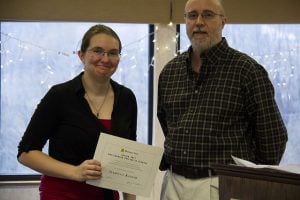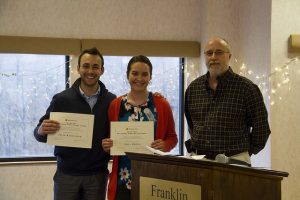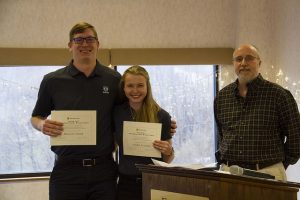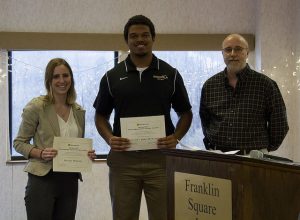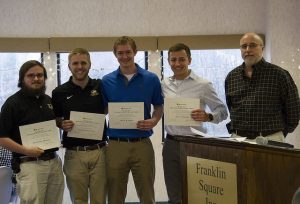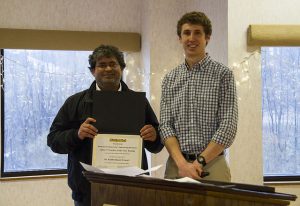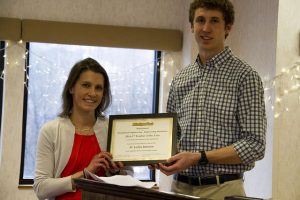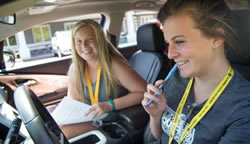 Michigan Tech’s Automotive Engineering camp for high school girls strives to address concerns about gender gap in the automotive workforce.
Michigan Tech’s Automotive Engineering camp for high school girls strives to address concerns about gender gap in the automotive workforce.
The immersive, week-long program aims to inculcate a strong interest in automotive engineering among pre-college teens to kick-start their dream job in the automotive industry and also help gain a competitive edge for college.
Although the camp is meant only for juniors and seniors, some super motivated 9th graders typically make it to the class each summer.
More than 85% camp goers said they would be interested in an automotive engineering career, according to a post-program survey this summer. That compares to 40% who said they would be interested in such a career before the start of the program. A whopping 95% said they would be interested in pursuing a science career once they completed the camp.
